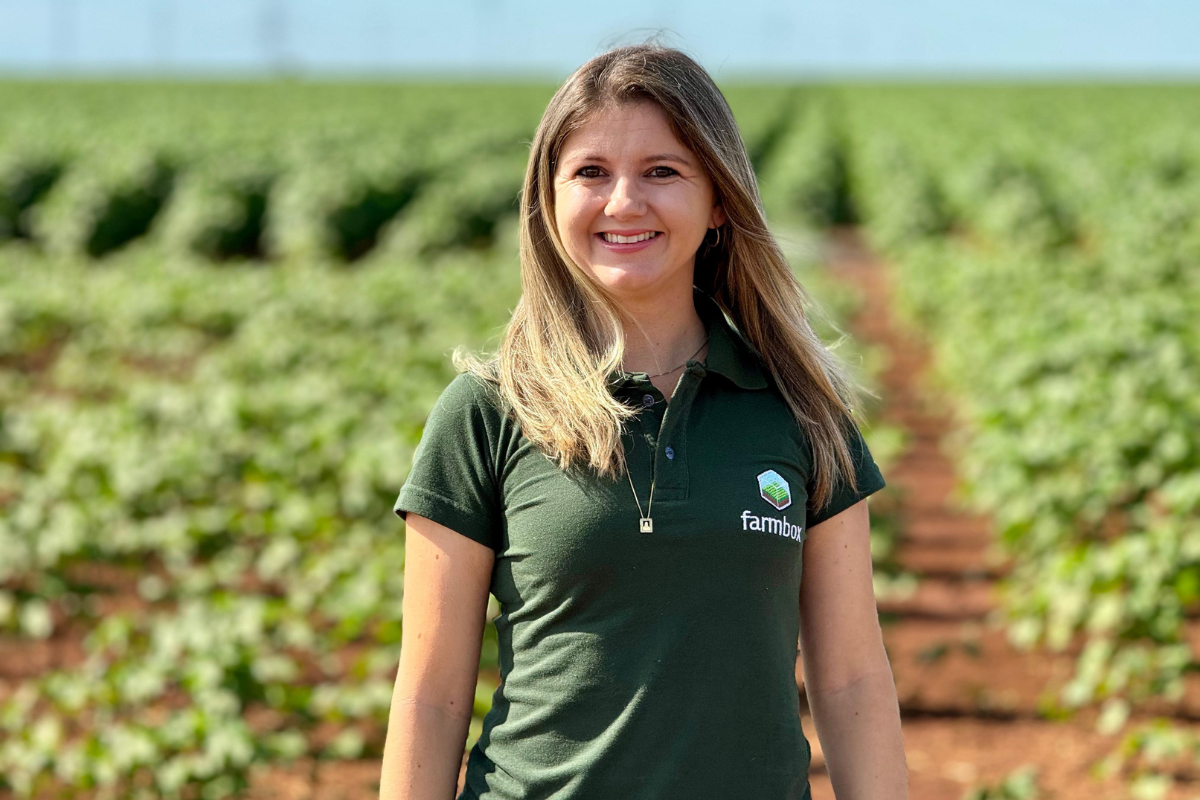

Łukasz Krutak is part of the xFarm Technologies team in Poland, where he's commercial product manager. He lives in Głuchołazy, a town of about 13.500 people in the southwest of the country near the Czech Republic border, a farming region where he was born and was very happy to return to after graduating in geospatial engineering. He's married, has three children and enjoys long walks in the Sudeten Mountains whenever he can.
I graduated from the University of Science and Technology in Wroclaw with a degree in Geospatial Engineering. Agriculture is very important for the region I was born in, I grew up surrounded by many farms, so I have always felt a certain connection to agriculture. When I started working after my studies, it was also with farmers. I worked for almost four years at a company where I was the head of the regenerative agriculture carbon programme, and one of my tasks was to build the market for their carbon programme in the Polish agricultural sector, so I had the chance to learn a lot about regenerative agriculture and to get in touch with a lot of companies, not only in Poland, but also in the Baltic countries and the Czech Republic. It was interesting and I'm very happy that I have the opportunity to stay in touch with the Polish agri-food market now that I'm working at xFarm Technologies, whose technological solutions I find incredibly useful and very smart.
Polish agriculture has developed and grown a lot since we joined the EU, things are completely different now. Many farmers are ready to work with new technologies and digitalisation is becoming more and more important in the market, so everything is very much focused on automated data collection. AI is huge now; this is the time to implement it on Polish farms: farmers have the know-how in terms of the technical side and of the machinery. Now they need the technology to use the machines in the smartest way. Of course, every year is different and there are always new challenges.
The first thing that comes to my mind is definitely the quality of our products, which is very high, that's why many countries outside Europe are also interested in our products (take the Emirates for example); Polish farmers really care about the way they grow and make their products. There's also the quality of our soil, which is still good, and this is a good time to introduce regenerative farming practices to the Polish market.
They all know that they have to go digital and young farmers are very open to innovation and familiar with new technologies. However, most farmers in Poland belong to the older generation and many of them are starting to sell their farms to larger companies because there is a problem with generational change: many of these older farmers have no one to pass the land on to because most of the children who grew up on the farms are leaving.
If we look at digitalisation, precision farming, regenerative agriculture practices, and new technologies (such as connected machinery, geospatial AI, etc.), there's no doubt that this is the time. I remember when I started working on the digitalisation of Polish farms, five years ago, they had no idea about digitalisation. Things have changed a lot, some farmers see that technology works and that they can make their farms smarter, but it's not mainstream yet. A lot of farmers are still trying to really understand why it's important for them to go digital and if they're going to be supported in any way in all these changes. Now that I'm working with the agri-food market, I'm realising that the digitalisation of farms is going to come from that side, because the big agri-food companies are starting to report in line with ESG standards, so they're going to need data very soon, and I think that's really going to drive farmers to go digital.
It depends. There are farmers who think very much about the future and are already using some technologies, these farmers have a lot of know-how and you can learn a lot from them. However, most of the farmers who bought or inherited some land twenty or thirty years ago have been using the same practices every year for twenty or more years, and they don't know much about regenerative agriculture yet, which I think is the situation in most places in Europe, not only in Poland.
